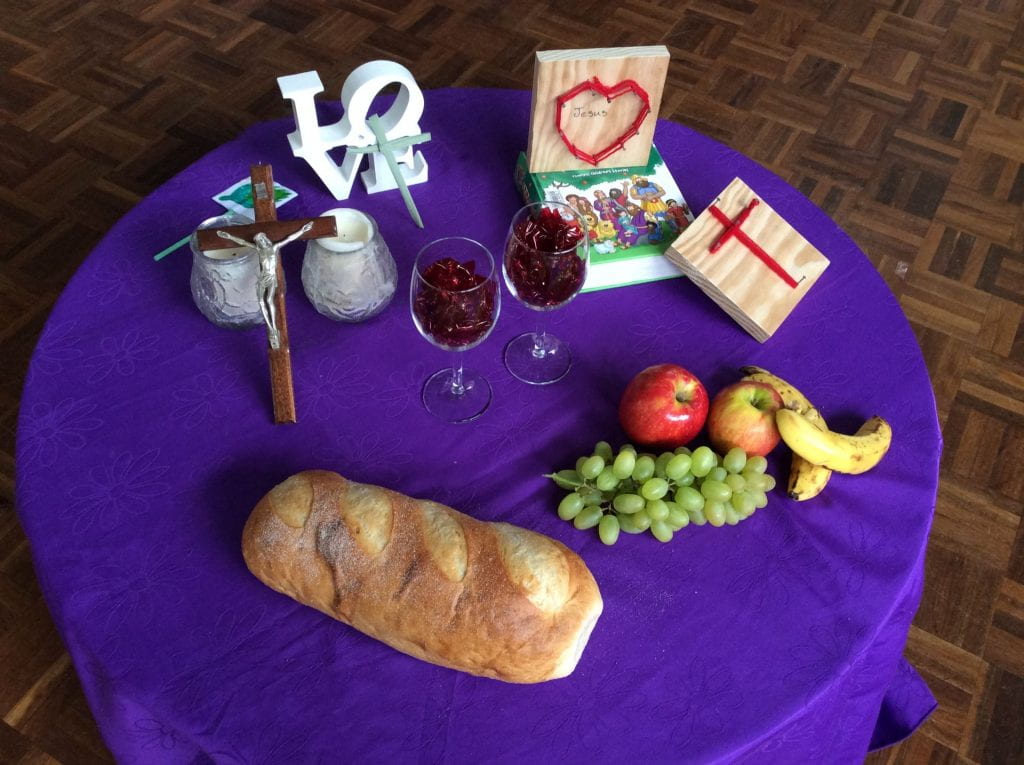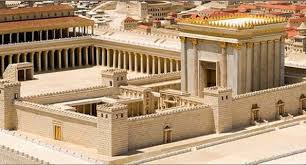When reflecting on Saint Mary of the Cross, Mackillop, I firstly, engage in learning about her story. Furthermore, looking to develop her qualities of incredible wisdom, embracing her values, dedication to work and faith, emphasised by how she placed enormous trust in listening to the whisperings of God.
For me the best way to engage in her story is to know her as a person and understand her vision. Joan Chittister puts it succinctly,
“Mary MacKillop was so possessed by an internal vision of divine goodness that she gives us a glimpse of the face of God in the centre of the human. She gives us the possibility of greatness in ourselves.”
I believe it is embodied in these words:
“That those who are the most needy, come first, shows reverence for the dignity of all people, by never rejecting anyone. “Mary MacKillop
This is evident when in March, 1866 she responded to Father Julian Tenison Wood’s invitation to move to Penola and become the first sister of Saint Joseph setting up a Catholic Primary School in a disused stable. Then in 1867, accepting Father Julian Tenison Woods, (appointed to Director of Catholic Education, South Australia) invitation to open schools and assist him with Catholic Education. From there many young women joined Mary as Sisters opening up schools throughout the state along with management of an orphanage and a women’s refuge. Thus, Mary models to me that the role of religious leadership needs to be flexible with a readiness to accept an invitation to change no matter the challenge. Also, inviting others to undertake the mission with you.
The cornerstone of that mission is like Mary to witness my faith and become a role model in my community. The intrinsic motivation for Mary came from Jesus’ mother Mary, Jesus, Joseph and John the Baptist that adorn their emblem and their Rule of Life developed by Woods and Mary. That is a personal commitment to poverty, a dependence on divine providence, no ownership of personal belongings, faith that God would provide and willingness to go where needed. Thus, they not only talked the talk but walked the walked.
The question that I reflect on is where does my intrinsic motivation come from and how do I witness my faith and Holy Family’ school’s values not only in my school community but in my everyday life? The words of Mary MacKillop I think will be a constant reminder, “We must teach more by example, than by word.” Therefore, I must challenge myself daily that through our Three Pillars, Catholic Identity, Pedagogy and Ecological Sustainability and our values of positive emotions, relationships and sharing and support I am respecting and honouring the dignity of each person by being welcoming and inclusive in my relationships with my family, friendship group and the school and parish community. Hence, am I continuing Christ’s mission through my personal faith, being actively involved in my faith community and through my APRIM role by promoting the gospel values in prayer, masses, liturgies, the Crossways curriculum and local and global social justice issues and ecological projects. Additionally, continuing to evolve through my life experiences and acquire greater skills and knowledge through the relationships I form with people and my environment.
I am inspired by Mary’s commitment to her dependence on divine providence and a faith that God would provide when I am feeling frustrated with certain outcomes both in my work and in my life. She was able to bring people together from all different walks of life to contribute to her vision and ministry and this struck home as I explored the museum and through the Mary MacKillop Kensington-Norwood walk. Individuals such as Sisters Laurence O’Brien and Sister Elizabeth Etheridge, (Aged Care Nurse) who were part of the Sisters of Saint Joseph of the Sacred Heart community, Robert and Joanna Barr Smith, Emmanuel Solomon, Bert Edwards and Doctor John Benson all of them providing social emotional, financial, education and medical support. Mary with this assistance was then able with these resources to help as many people as possible particularly the poor and the marginalised. Thus, Mary had the foresight to be able to see that utilising these people’s different gifts and ways of serving was making an immense difference to people’s lives.
Consequently, I realise I can’t live in isolation but need the encouragement of others to continue to do God’s will. Too often I can become consumed by daily activities and routines at school while God is calling me to surrender myself to greater realities, trusting my instincts and taking risks. Moreover, I know through supporting, utilising and acknowledging the gifts of my family, friends, school and parish communities I will have the courage to serve others positively to my full capacity knowing as Mary would say, “there where you are you will find God.”








